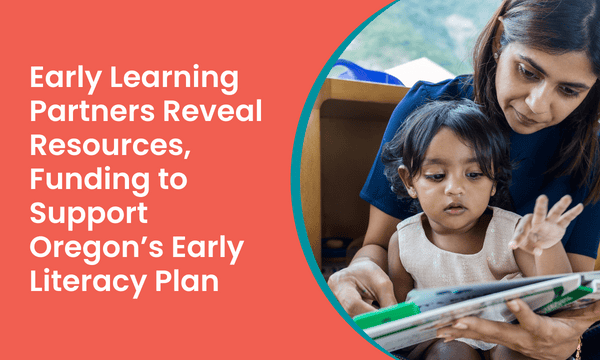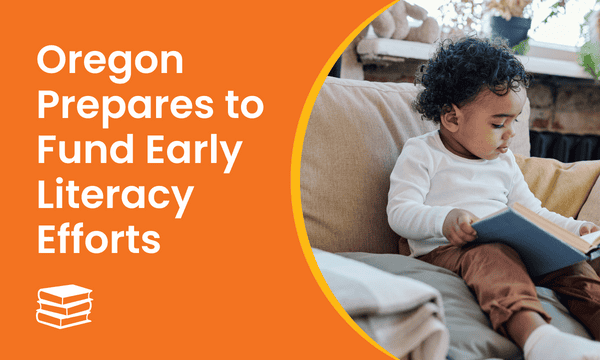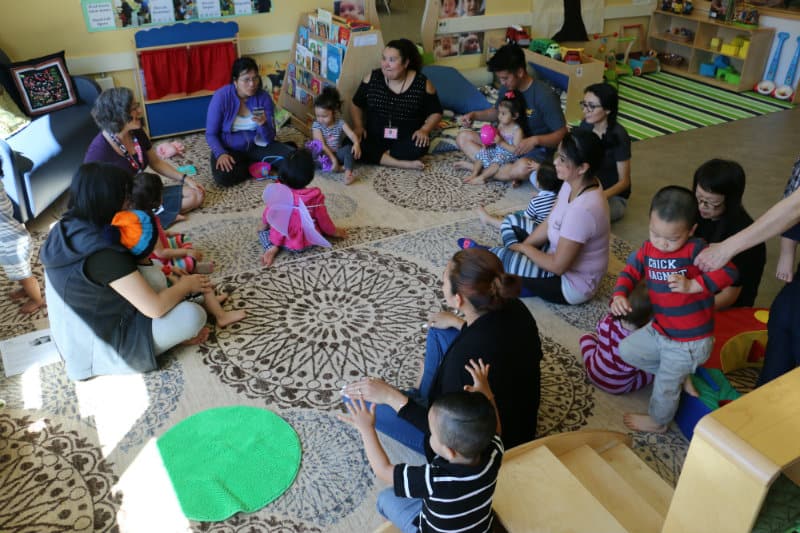
Early Learning Partners Reveal Resources, Funding to Support Oregon’s Early Literacy Plan
Oregon will soon disburse funds for early childhood literacy, as part of the Early Literacy Success Initiative. In 2023, lawmakers passed this legislation to help young children access more early literacy learning opportunities. The initiative also aims to increase early literacy from birth through third grade, reduce literacy academic disparities, and increase support to parents and guardians so they can be partners in the development of their child’s early literacy skills and knowledge.
This week, Children’s Institute (CI) hosted a webinar to elevate the importance of an intentional focus on early literacy strategies for early child care providers, educators, and families; and share funding updates.
In the coming months, new funding will make its way to Early Learning Hubs and the Early Childhood Equity fund. Oregon school districts have also applied for grant funding through the Oregon Department of Education and can expect to see those grants soon.
The webinar also revealed a new library of curated early literacy resources for parents and caregivers; early learning educators, providers, and practitioners; and policymakers to use to support children in developing early literacy skills and knowledge.
The majority of webinar participants reported that they will apply the information they learned in the webinar to their work, and we hope that you will find something useful here, too!
For more information about early literacy or help navigating the resources, please contact Marina Merrill, director of research and strategy, at marina@childinst.org.



